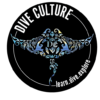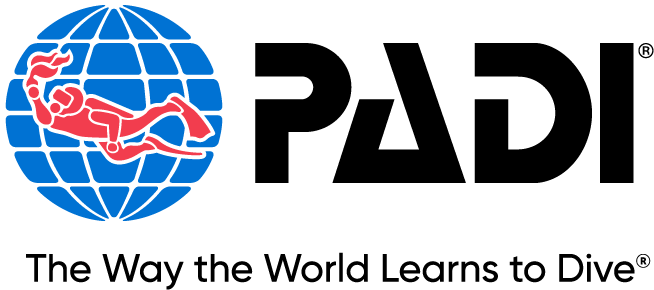
How to Practice Sustainable Diving
Since the very first publications surfaced in marine conservation research, humans have been consistently reminded of the staggering importance of healthy coral reefs to the overall health of our planet. Coral produces more oxygen than trees, they act as important coastal barriers and, without coral, fish life would cease to exist.
With the substantial increase of sick, dying and dead coral reef systems (of which some are thought to be as old as 4000 years, by the way) we will see irreversible devastation to the delicate balance of all marine ecosystems. Earth will begin to die in our and our children’s lifetime. Read that again.
Coral reefs are increasingly destroyed by pollution, bad fishing practices, coastal development, and ocean acidification. As the ocean warms with alarming acceleration, the emphasis on preserving coral reefs and the underwater realm has become stronger than ever.
As divers, we are the ambassadors for the underwater world.
It is essential for all water enthusiasts to take care of the delicate aquatic environment and promote healthy practices to reduce destructive human impact; the number one cause of our dying oceans.
What you we do to improve sustainable diving and protect the sea and the coral reefs during diving?
Improve Your Finning Technique
According to pilot research by The Reef-World Foundation that assessed the behavior of 100 recreational scuba divers of all levels of certifications, almost 46% of diver contacts with the reef were made with their fins. To improve poor finning techniques, it would be best to practice two of the top techniques used by technical divers: frog kick and back kick. The frog kick not only allows divers to propel through the water easier but also helps them from kicking the reef, sand, or silt. The back kick facilitates backward motion and offers the same advantage of moving without disturbing the coral.
Dive Culture will learn you what the best finning technique will be during the open water dive courses. If every diver knows how to use his or her finns, that would allow for much more coral conservation.
Improve Your Buoyancy
Buoyancy is one of those key skills every scuba diver needs to learn and perfect. It’s important to master good buoyancy so you don’t destroy the fragile underwater environment and to improve your sustainable diving. The specialty courses that are designed not only allow divers to observe marine life without disturbing their surroundings but also to help them save energy and air use, move more efficiently underwater, and determine the exact weight they need for optimal buoyancy.
Having a good buoyancy is very valuable, besides that, you use much less oxygen, and it can also prevent coral damage because you have a controlled buoyancy so that you can no longer accidentally damage the coral because you have much more control over your buoyancy. During the advanced open water dive course at Dive Culture you will learn everything about buoyancy and how you can improve it so that you have much more control over this and the risk of damaging coral is much smaller.
Use Reef Safe Sunscreen
According to a research paper published in the journal Archives of Environmental Contamination and Toxicology, about 14,000 tons of sunscreen enter the oceans each year. Common ingredients in sunscreen such as oxybenzone, butylparaben, octinoxate, and 4-methyl benzylidene camphor have been shown to cause coral bleaching and damage to the coral DNA. Divers are part of the group of people responsible for this contamination, but there are ways to prevent causing further harm. There are plenty of reef-safe sunscreen options that contain certified natural and organic ingredients marked safe for coral reefs.
Collect the Trash You Find on Your Dives
Environmental protection starts on land, but there is one simple thing all divers can do underwater, and that is collect trash. Marine debris removals are simple; even a beginner diver can pick up a small piece of plastic and stuff it in their BCD pocket and dispose of it appropriately on land. Larger items like nets and traps should only be removed by divers with proper training in removing debris.
Do note that if an object, regardless of its size, is encrusted with marine life or supports life in any way, and removing it would cause more harm than good, then it would be best to leave it underwater.
Are you ready?
We as ambassadors for the underwater world. It is so important to fully commit to a clean sea, to maintain a good ecosystem, and to ensure the preservation of the coral and the environment. By following the mentioned diving tips you can already make a difference. It is so important for divers to protect the sea and marine life and to think about the planet. Dive Culture, therefore, tries to work as sustainably as possible to maintain a clean sea, and a good ecosystem and to ensure the preservation of the coral and the environment. Book the dive course that suits you now to master these diving techniques. We are ready to learn more about sustainable diving. You too?


